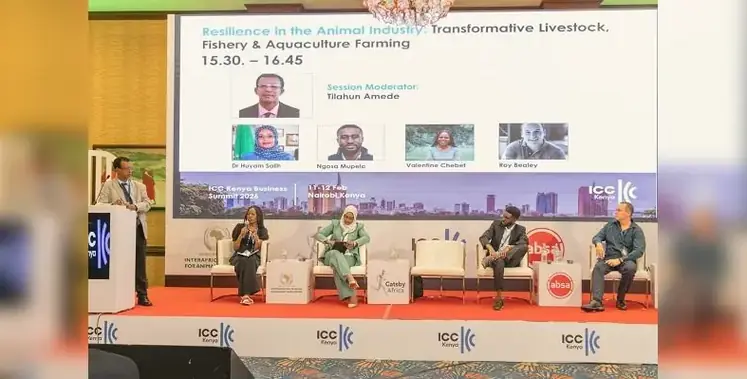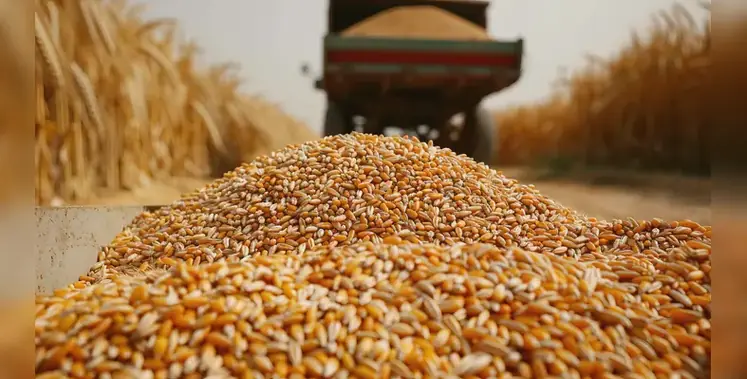The Minister for Tourism, Culture and Creative Arts, Abla Dzifa Gomashie, on February 14 drew attention to the economic and cultural importance of Made in Ghana chocolate as the country marked Ghana Chocolate Day.
Addressing questions on her sector on the floor of Parliament of Ghana in Accra, the Minister used the moment to celebrate Ghana’s thriving cocoa and chocolate industry. She shared locally produced chocolate with Members of Parliament, the Speaker and parliamentary clerks, turning the session into a reminder of the value of supporting home grown products.
In an interview on the sidelines of the event, she encouraged Ghanaians to make a deliberate choice to consume chocolate produced within the country. She described Ghanaian chocolate as more than a sweet treat, calling it “a brand, an identity, and an expression of love for our own products.”
The Minister explained that the local chocolate industry continues to create employment opportunities, particularly for young entrepreneurs and women working across production, packaging and distribution. From cocoa farmers to small scale processors and retailers, many families depend on the sector for their income.
According to her, the steady growth of the chocolate industry has helped households earn stable incomes, pay school fees and take an active role in national development. She stressed that supporting local businesses strengthens communities and builds economic resilience.
She further urged citizens to prioritise goods made in Ghana, noting that spending on imported products drains resources from the local economy. “Anytime you buy something produced outside Ghana, you are sending the money out of Ghana,” she stated, adding that she remains committed to strongly promoting Ghanaian products at every opportunity.
Ghana Chocolate Day is observed each year to encourage the consumption of locally manufactured chocolate, add value to the country’s cocoa and deepen national pride in one of Ghana’s most treasured natural resources.









